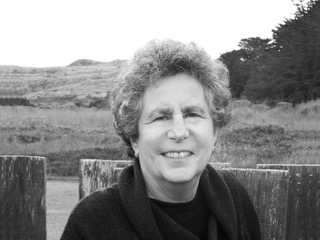
On Language and Look-Corners
Contributor’s Marginalia: Susan Cohen responding to Indrani Sengupta’s “I lose my mother tongue like you would a comb”
I picture thick black hair and generations of women brushing and sometimes braiding it.
I think about immigrants cut off from intimate knowledge that is passed down.
I consider languages and how swiftly they can disappear as the environment changes and people are uprooted, as some peoples and languages are suppressed or even forcibly extinguished.
And about poets’ particular and peculiar relationship to language, “the word turned fetish.”
I admire the way this poem moves, how the speaker’s knowledge of her mother tongue shrinks to the simple phrases a person learns in an elementary-level language class, while the acquired vocabulary in English grows erudite.
And I contemplate what it means when a language might include a single word for a woman “not sad, only waiting,” and I wonder what she is waiting for—to meet a beloved, conceive a child, hear from someone who left, or does she yearn to escape, herself?
Which leads me to my favorite word in Yiddish—the language my grandmother, with her thick braided hair, spoke but did not pass down—a word derived from Middle High German that means perspective, but reads literally as “look-corner.”
Then I imagine us each in the corner where our cultures and language put us, looking out but not necessarily seeing each other, even as we think we are the ones with true perspective—a word derived from Latin that reads literally as “look through.”
And how, even when we speak the same language, we sometimes identify each other as other, often by the texture of our hair.
I admire the masterful way the poet braided all these strands together, along with the speaker’s self-recrimination for having let go of something more precious than a comb.
Most of all, I would like to learn a word for a woman who is “not sad, only waiting,” and about a culture that distinguishes between a temporary or a more permanent sadness, or maybe between the sadness of a woman that is different from the sadness of a man.
And I think I know that woman. And I re-read the poem, wondering what remains unspoken about her and her waiting—even as an astonishing amount has been said about the generations of women, and exile, and mother tongues, and a poet’s relationship to language, and an unnamed language with a word we do not have in English. The way a poem thick with meaning can say and not say, and do it all in so few words, interwoven.
